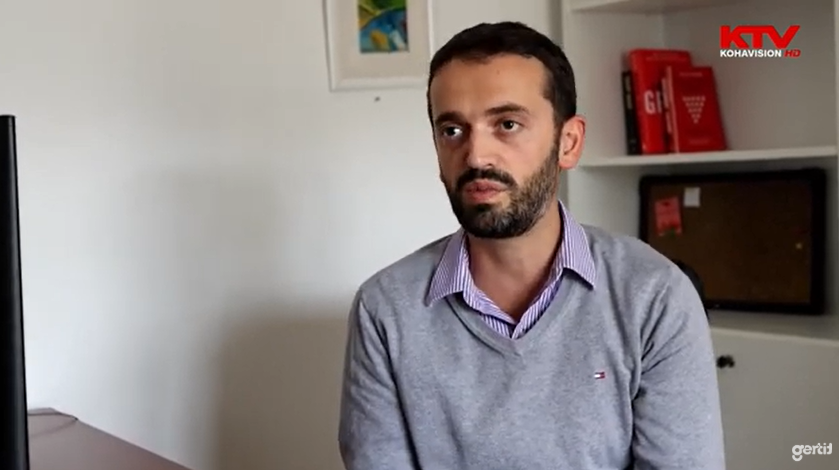Between ambition and reality: Establishment of new local publicly owned enterprises in Kosovo
28/12/2023
Today, GAP Institute, Group for Legal and Political Studies (GLPS), and Institute for Development Policy (INDEP), under the “Support to civil society to increase public oversight and accountability of Kosovo public institutions” project, supported by the British Embassy in Kosovo, held a press conference, where the findings of the report “Between ambition and reality: Establishment of new local publicly owned enterprises in Kosovo” were presented.
This report highlights the approach of municipal leaders to establish more local publicly owned enterprises (LPOEs), with the rationale of shifting public services from private operators to local publicly owned enterprises. This happens despite the fact that, until now, public enterprises in Kosovo have been associated with great operational and financial difficulties.
In the last five years, 13 Kosovo municipalities have established new local publicly owned enterprises, after the Government of Kosovo approved their request. On the other hand, there are currently 55 local public enterprises, out of which 42 are inherited from the pre-war period. Moreover, six municipalities have submitted requests for the establishment of new local enterprises. Considering that the performance of public enterprises, whether central, regional or local, has been consistently unsatisfactory, the initiative to establish more enterprises should be accompanied by substantial discussions, analyzing the advantages of cooperation with the private sector.
By analyzing some of the established LPOEs, this report finds that even after their establishment, some municipalities continue to engage private operators to cover the same services that they themselves provide. Other findings show that the requests of municipalities for the establishment of new local public enterprises are not accompanied by detailed feasibility studies to assess the possibilities, capabilities, challenges and risks of such a public initiative. Also, the regulatory base in force that deals with LPOEs specifies that the municipality does not directly manage the established enterprise and the enterprise must be built and represented as a separate legal entity. The data shows that in some cases, the municipalities directly cover some current expenses of established LPOEs.
From the analysis of the documents, it is observed that the municipalities do not conduct any assessment of the satisfaction of citizens with the services provided, to support their argument that the private operators are not able to provide quality services. The established LPOEs limp significantly, either in low transparency criteria, but also in the low rate of employment of women. In order to improve this situation, the published report also offers recommendations for the Government of Kosovo, municipalities and local public enterprises, such as the addition-amendment of the Regulation on the criteria for the creation of LPOEs, the provision of the necessary professional and financial resources to create an LPOE, increasing the transparency of LPOEs, etc.
Click HERE to read the full report.
The Project “Support to civil society to increase public oversight and accountability of Kosovo public institutions” is funded by the Foreign, Commonwealth and Development Office through the British Embassy in Pristina.
The contents of this publication are the sole responsibility of the GAP Institute (GAP), Group for legal and Political Studies (GLPS) and Institute for Development Policy (INDEP), and do not necessarily reflect the views of the Foreign, Commonwealth and Development Office.















